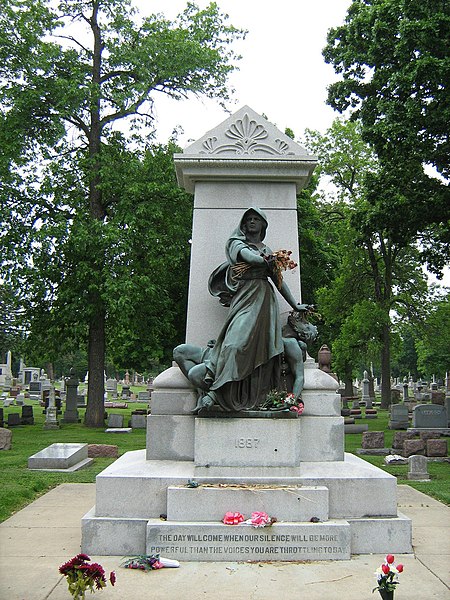Howard Zinn, noted historian, writer and activist best known for his “People’s History of the United States,” died Wednesday. See Boston Globe obituary.
Some of Zinn’s statements and writings:
“Obama will not fulfill that potential for change unless he is enveloped by a social movement which is angry enough, powerful enough, insistent enough that he fill his abstract phrases for change — that he fill them with some real solid content.” At The Real News.
In “A Just Cause, Not a Just War“: “I believe two moral judgments can be made about the present ‘war’: The September 11 attack constitutes a crime against humanity and cannot be justified, and the bombing of Afghanistan is also a crime, which cannot be justified.”
“Small acts, when multiplied by millions of people, can quietly become a power no government can suppress, a power that can transform the world. Even when we don’t ‘win’ there is fun and fulfillment in the fact we have been involved.”
Further video and material is at ZNet.
DAVID BARSAMIAN
Available for a limited number of interviews, Basamian interviewed Zinn numerous times over the years and worked on two books with him, The Future of History and Original Zinn. He was to see Zinn last night in California.
Barsamian said today: “Zinn was the essence of the engaged intellectual who believed that the struggle for justice was the great work of humankind. And he engaged in that struggle with incredible humor, intelligence and grace. We have lost a great voice but the work continues.”
Barsamian is founder of Alternative Radio, which has a Howard Zinn page.
ANTHONY ARNOVE
Arnove is co-author with Zinn of Voices of A People’s History of the United States. He appeared this morning on Democracy Now.
DAVE ZIRIN
Zirin just wrote the piece “Howard Zinn: The Historian Who Made History.”
His books include A People’s History of Sports in the United States.
For more information, contact at the Institute for Public Accuracy:
Sam Husseini, (202) 347-0020; or David Zupan, (541) 484-9167


